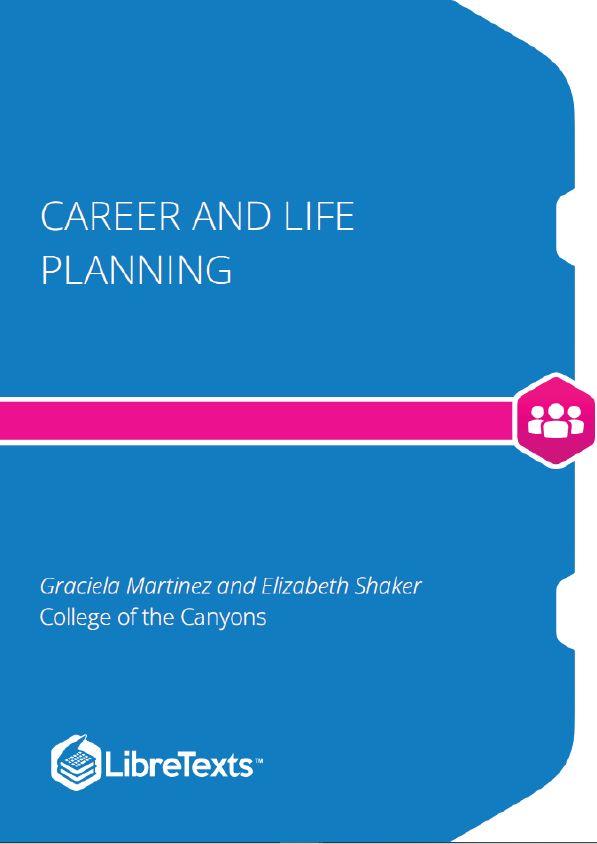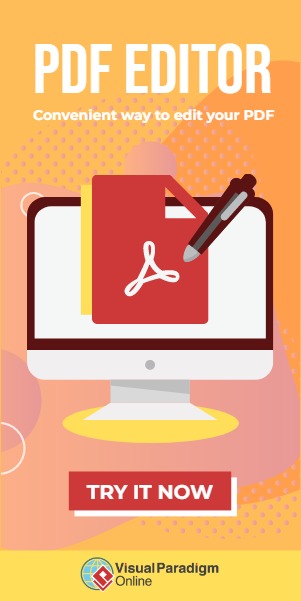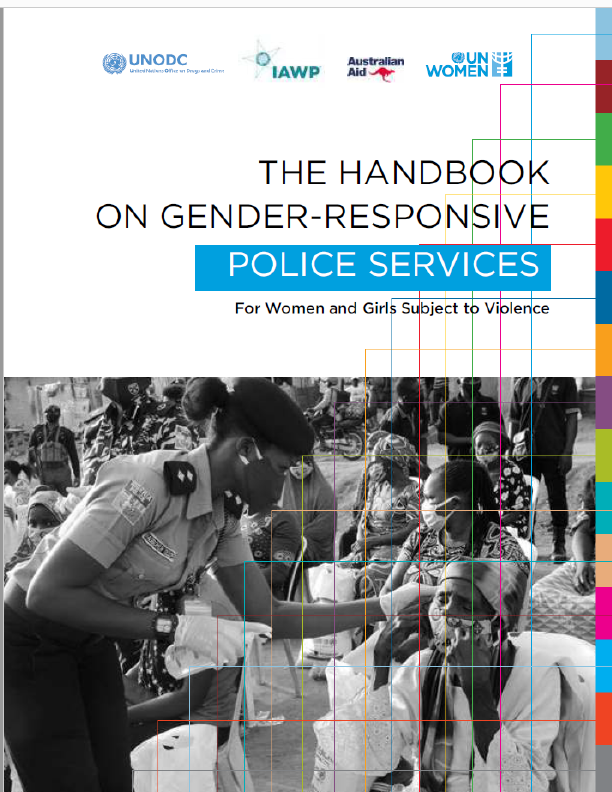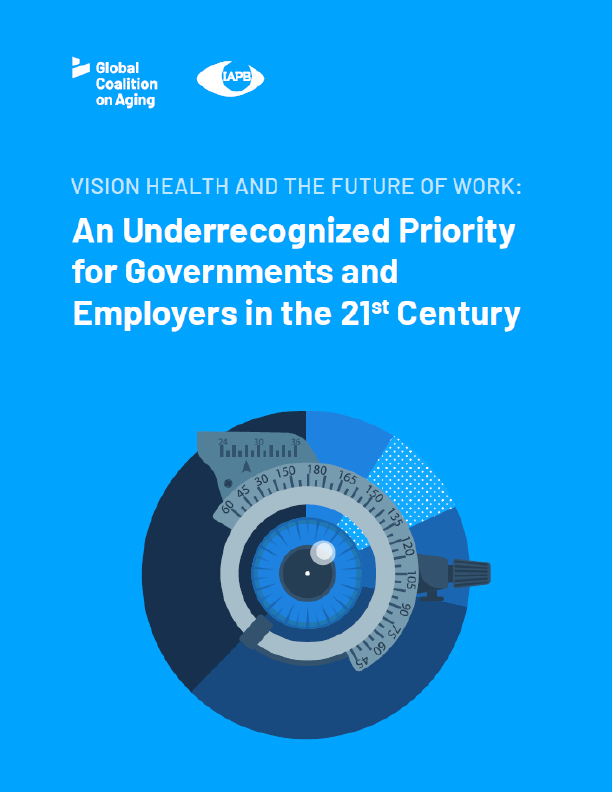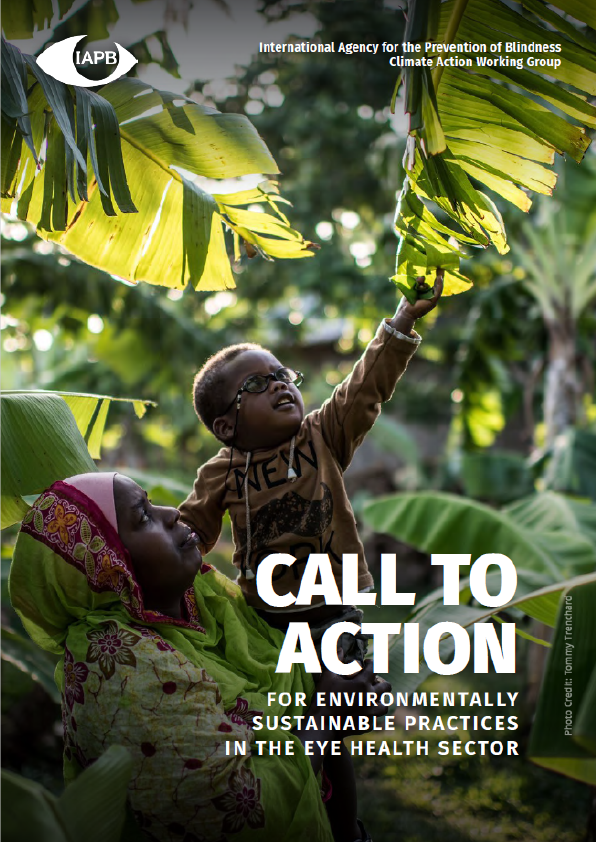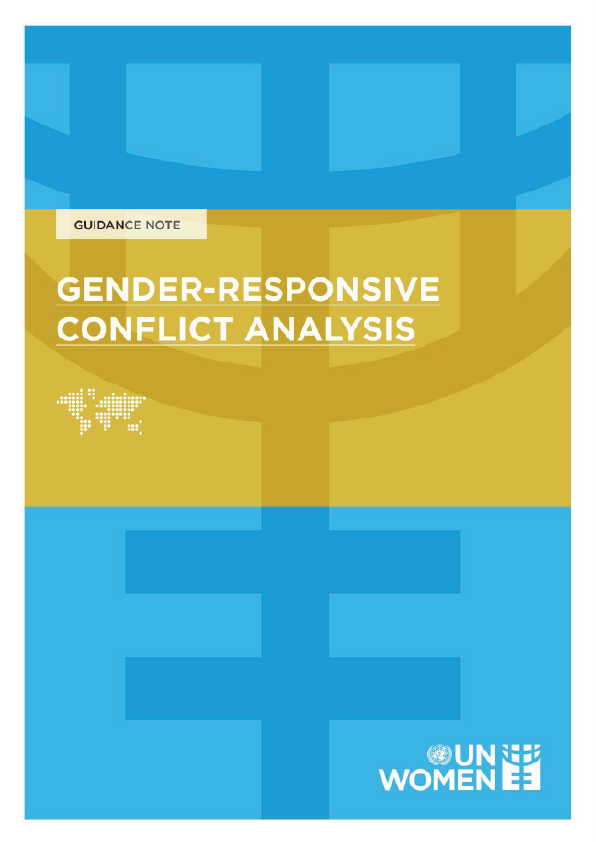We are excited you have decided to take time to invest in your future. Career and life planning is a lifetime process and this text is designed to equip you with the tools necessary to navigate each step of the way. This text is divided into six units to guide you through the career exploration and planning process. The purpose of this text is to help you gain a better understanding of yourself, the world of work, and where you fit best. We hope you enjoy the process. Let’s get started!
Overview of Career and Life Planning
“The Department of Labor defines 840 occupations in its Standard Occupation Classification system —and new occupations are being created at an ever-faster rate. Just ten years ago, would anyone have imagined the job of a social media marketing specialist? How about the concept of a competitive chef? As new careers develop and old careers morph into almost unrecognizable versions of their original, it’s OK if you aren’t able to pinpoint exactly what occupation or career will be your lifetime passion. However, it is important to define as best you can what field you will want to develop your career in, because that will help dictate your major and your course selections.”
Phase 1: Who Am I?
This phase involves getting to know who you are. Understanding who you really are—is the first step of career exploration. You will have the opportunity to engage in many different career assessments in Unit 2 to allow you to learn more about your values, character strengths, personality preferences, interests, skills, and abilities. Each assessment will help you gain a better understanding of who you are and where you may fit best in the world of work.
Phase 2: What’s Out There?
Unit 3 addresses phase 2 which involves doing career research. Once you have taken time to research yourself and gain a stronger understanding of who you are, you can begin to explore what types of careers might be best suited to you. This phase involves online research, talking to professionals in the field and gaining hands on exposure through volunteer work, internship experience, and networking. This phase also includes researching industry expectations and understanding minimum qualifications for employment. The more information you gather and the more you learn about the world of work will help you make well-informed decisions about your future career.
Phase 3: What Factors Might Affect My Choice?
In phase 3, you will take time to explore factors that may affect your choice and start making some decisions. It is important to use your creative thinking skills to come up with alternative “right” answers to factors that may present an obstacle to pursuing the right career.
- Timing. How much time must I invest before I actually start making money in this career? Will I need to spend additional time in school? Is there a certification process that requires a specific amount of experience? If so, can I afford to wait?
- Finances. Will this career provide me with the kind of income I need in the short term and the security I’ll want in the longer term? What investment will I need to make to be successful in this field (education, tools, franchise fees, etc.)?
- Location. Does this career require me to relocate? Is the ideal location for this career somewhere I would like to live? Is it somewhere my family would like to live.
- Family/personal. How will this career affect my personal and family life? Do friends and family members who know me well feel strongly (for or against) about this career choice? How important is their input?
